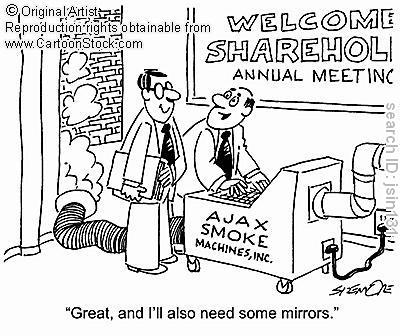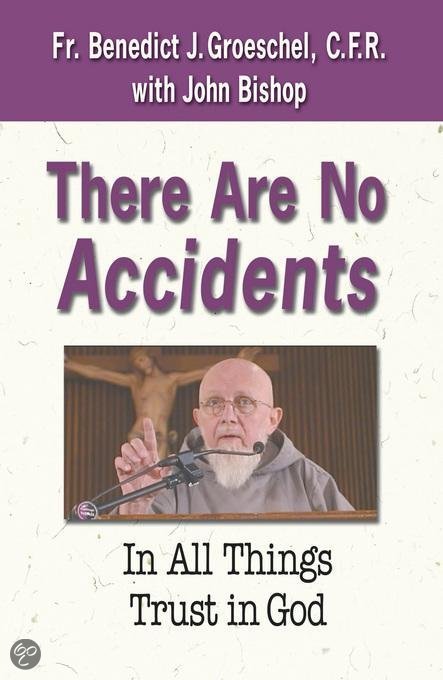In my grief, I once asked myself a lot of questions about coincidences.
And in seeking answers, I asked others what meaning the word “coincidence” could have to a Theist who believes in an all knowing God with absolute foreknowledge.
A very kind, intelligent, and patient Anglican priest took the time to answer those questions, and often cited Thomas Aquinas.
And since I’ve asked how a Theist could define the word “coincedence” here on this philosophy forum, no one really answered the question then, and there is a reletively simple answer–I think I should share the knowlege I gained from that priest here (for the benefit of any individuals who may have been disturbed by the question.)
A simple definition of the word “coincidence” (that fits perfectly well with Theistic world view) is “extraneous circumstance.”
Aquinas basically said that everything is part of God’s Providence, but He wills some things “per se” (by or in themselves), and some things “per accidens” (by reason of a non-essential circumstance; contingently; indirectly).
As an example, let’s say the clock at the north end of the Palace of Westminster in London stopped at 2:30 to warn a member of parlament to take notice of something that would pass his dek at 2:30 the next day.
That really would be a sign to him, and because “2:30” would have particular significance to him, God really would have willed the clock to stop at that particular time (and for him to see it, or hear of it, or read of it) “per se” (in itself.)
But many other people for whom it was not a sign at all, and for whom “2:30” had no intended significance at all, would also see the stoped clock (or hear about it, or read about it), and in relation to them this would be an extraneous circumstances God willed only “per accidens.”
That may be a poor example, but it’s the only one I can think of now, and I would have appreciated such examples when I was asking my questions here.
(And this is just the kind of question that should be asked and answered on a philosophy forum.)
So in answer to my question: In any suficiently complex universe (even one where God knows all that will happen, and does sometimes choose to communicate to individuals through “signs”–as in the above example) there would have to be numerous extraneous circumstances that had no intended message for numerous individuals, and were willed by God only per accidens (and not pe se.)





